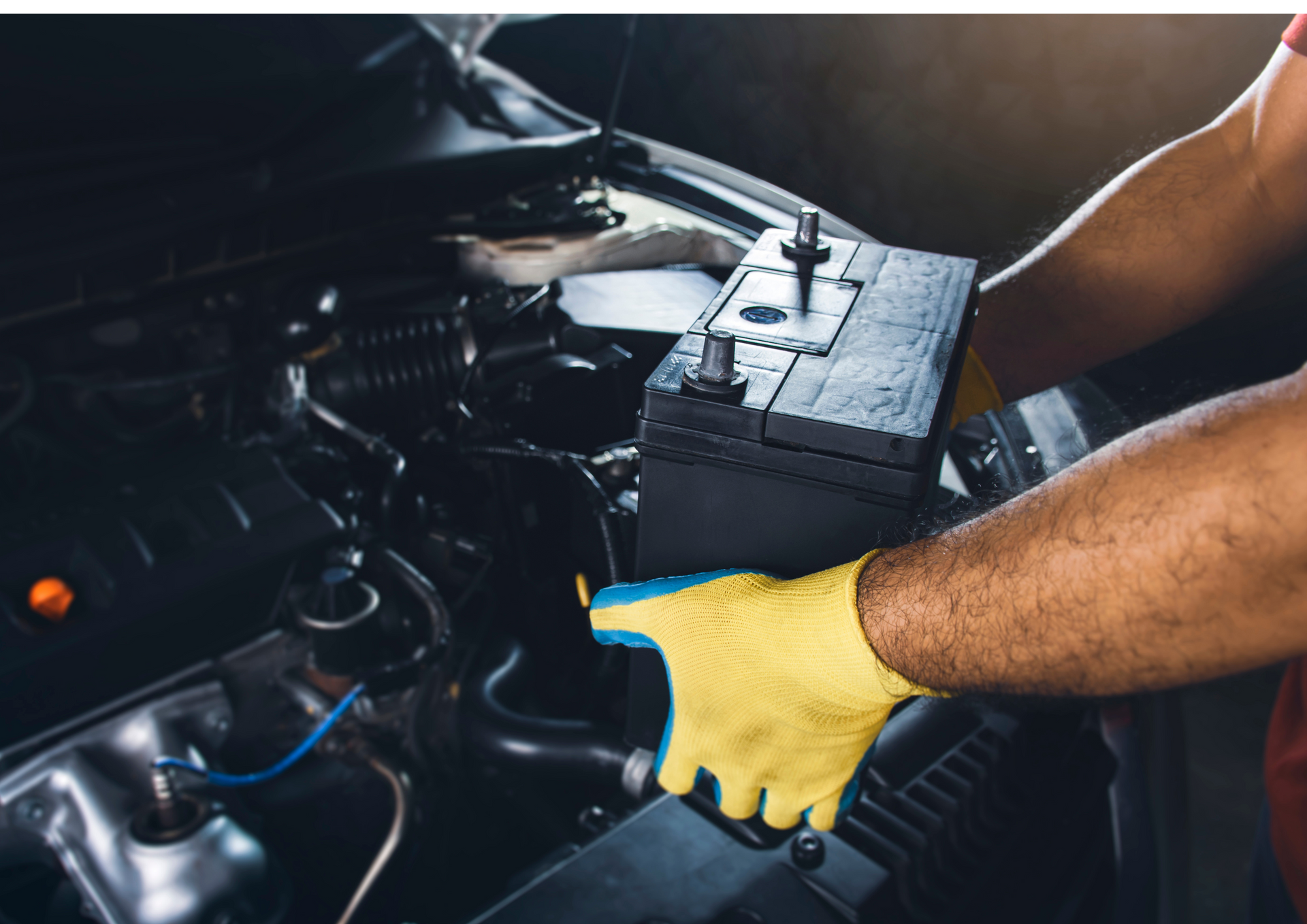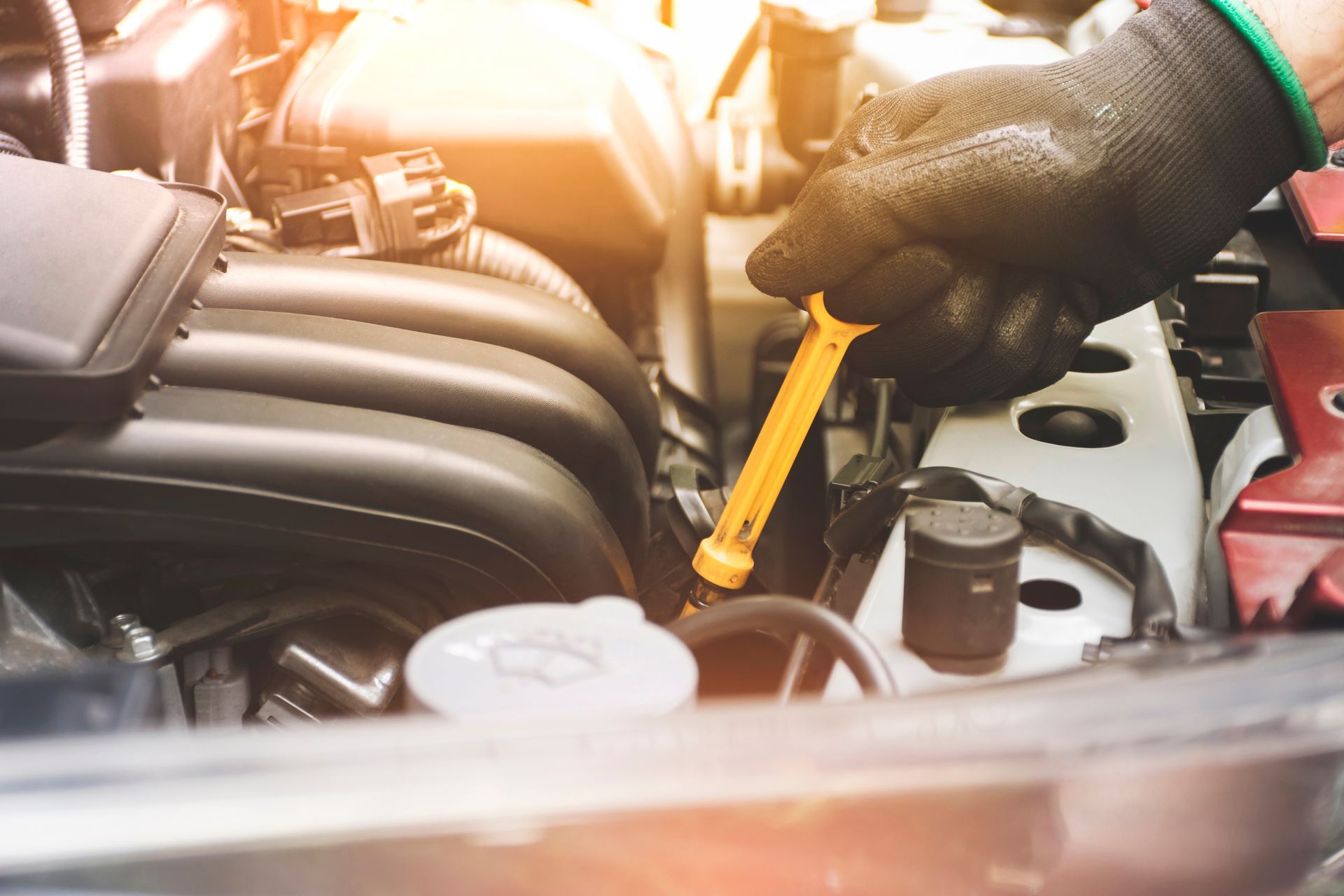Why Regular Oil Changes Matter for Long-Lasting Engine Health
Keeping your vehicle running smoothly isn't just about fuel and tyres — it's also about what’s going on beneath the bonnet. A car oil change is one of the simplest yet most crucial maintenance tasks for any vehicle. While it might seem like a small job, overlooking it can lead to serious, long-term damage to your engine.
In this guide, we’ll explore why oil changes matter, what happens when they’re skipped, and how often you should check or change your oil to protect your engine's performance and life span. Whether you’re a motorist, a van driver, or the owner of a fleet of buses, the information here will help you maintain your vehicle’s health and avoid unnecessary repair bills.
What Engine Oil Really Does
Engine oil is the lifeblood of any vehicle. It lubricates moving parts, reduces friction, and helps manage engine temperature. Without proper lubrication, the internal components of your engine will wear down much faster. Over time, oil breaks down due to heat and contamination. Dirt, debris, and metal particles from the engine begin to accumulate, reducing the oil’s effectiveness. Regularly scheduling a car oil change ensures that the oil remains clean and continues to do its job properly — protecting your engine and keeping your vehicle running smoothly.
How Skipping Oil Changes Damages Your Engine
When oil becomes dirty or starts to break down, it can't lubricate the engine properly. As a result, friction between parts increases, generating excess heat and causing components to wear down prematurely.
In extreme cases, old oil can turn into sludge — a thick, sticky substance that blocks oil flow altogether. This can lead to engine overheating, reduced efficiency, and in severe cases, complete engine failure. This is especially important for motorists who rely heavily on their vehicles for daily commutes or commercial use.
If you’ve ever searched for an
auto oil change near me after seeing your warning light come on, you already understand how easy it is to delay maintenance — and how quickly issues can escalate. Keeping up with routine servicing is far more cost-effective than dealing with the damage caused by neglect.
When Should You Schedule an Oil Change?
Oil change intervals vary depending on your vehicle's age, engine type, and how you use it. For most modern vehicles, oil should be changed every 5,000 to 7,500 miles. However, more frequent changes may be necessary if your car is older, used for towing, or often driven in stop-and-start traffic.
Don’t rely solely on mileage — always check your vehicle’s manual for the manufacturer’s recommendations. It’s also worth monitoring how your car sounds and feels. Strange noises, sluggish acceleration, or the oil warning light on your dashboard are all signs it might be time for a
car oil change. Being proactive with oil changes doesn’t just save you money — it gives you peace of mind on the road.
How to Recognise When It’s Time for an Oil Check
Even between scheduled services, performing a basic oil check is wise to ensure everything’s in order. This simple step can highlight problems before they become costly repairs. To do an oil check:
- Park your vehicle on a level surface and let the engine cool
- Locate the dipstick, pull it out, and wipe it clean
- Reinsert it fully, then pull it out again to see the oil level and colour
Oil should be golden-brown and sit between the two markers on the dipstick. If it’s dark or gritty or if the level is too low, it may be time for a top-up or a full
oil change. This simple habit helps you catch early warning signs and maintain engine performance.
The Importance of Replacing Your Oil Filter
While changing your oil is essential, it’s just as important to change oil filter during each service. The oil filter traps contaminants, metal shavings, and debris, preventing them from circulating through the engine. Over time, the filter becomes clogged and can no longer effectively capture impurities. If left unchanged, dirty oil will continue to flow, reducing lubrication and increasing wear on internal parts.
That’s why a full oil service — not just a top-up — should always include a new oil filter to ensure maximum engine protection. Bus and van owners who put high mileage on their vehicles must be especially vigilant about this, as their engines are under greater strain and accumulate contaminants faster.
Understanding the Real Cost of Neglect vs. the Change Oil Price
One of the most common reasons drivers put off changing their oil is concern about cost. But the change oil price is minor compared to the cost of engine repairs or replacements due to neglect.
A typical changing of oil is an affordable service, especially when compared to the thousands you might spend on fixing an engine damaged by sludge, overheating, or worn-out components. Investing in regular maintenance extends the life of your vehicle, improves fuel efficiency, and gives you confidence that your engine won’t let you down. For van drivers, bus operators, and everyday motorists alike, routine oil changes are a small price to pay for long-term reliability.
Whether you drive a small car, a van, or a full-sized bus, staying on top of your
oil maintenance is key to avoiding breakdowns and keeping your engine in top condition.
At Mobile Mechanic Newcastle, we bring professional service to your door, saving you time and hassle. Our trained technicians offer trustworthy, reliable assistance — so you never have to second-guess your vehicle’s condition.
We don’t just tick boxes; we ensure your engine gets the care it truly needs. Whether you're looking for guidance on maintenance or ready to book your next oil change, we're here to help. With a focus on quality and customer satisfaction, we provide honest service you can rely on, wherever you are.
Engine performance slipping? Don’t wait — see our latest post on X on why
car oil change matters!



